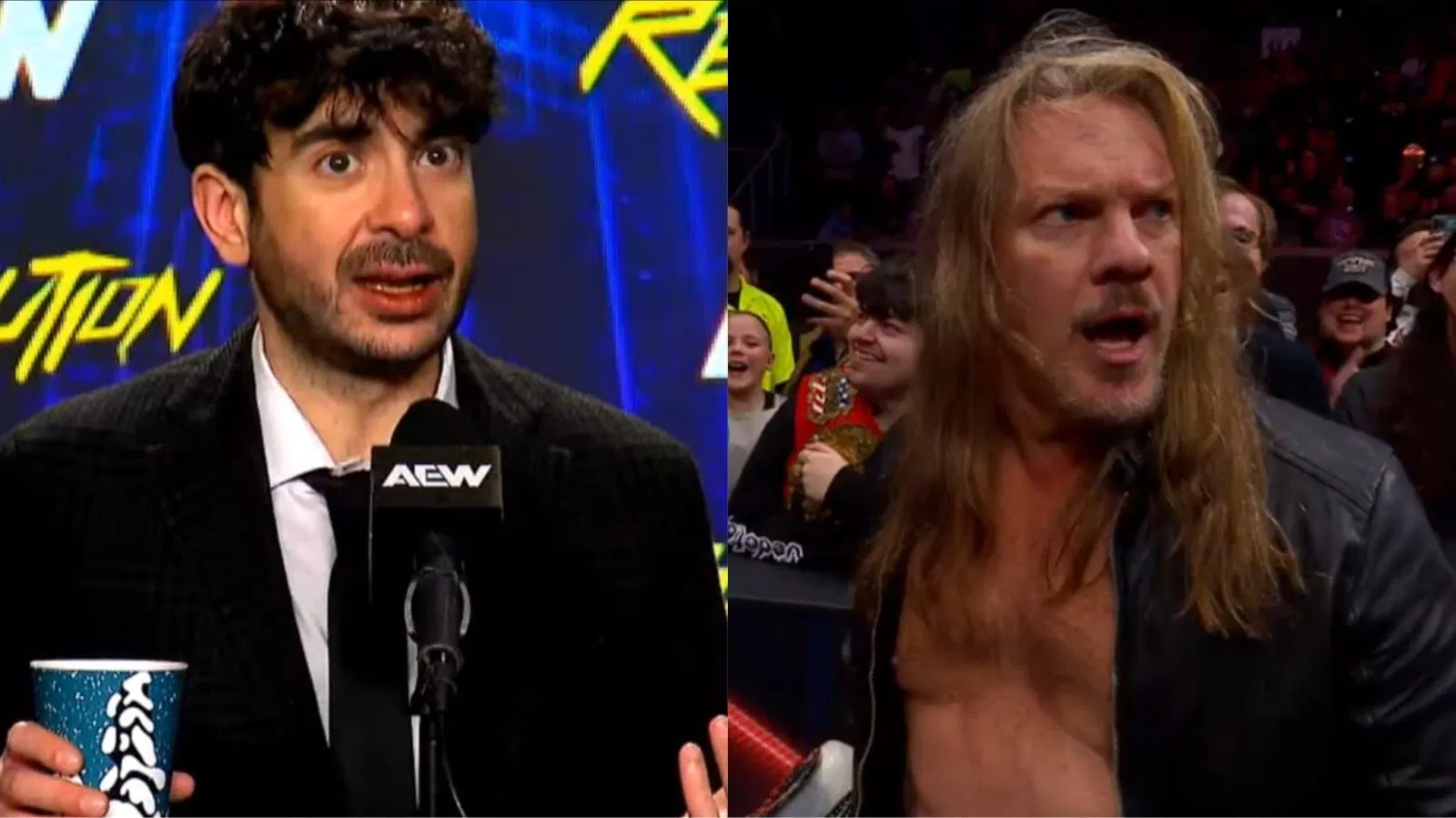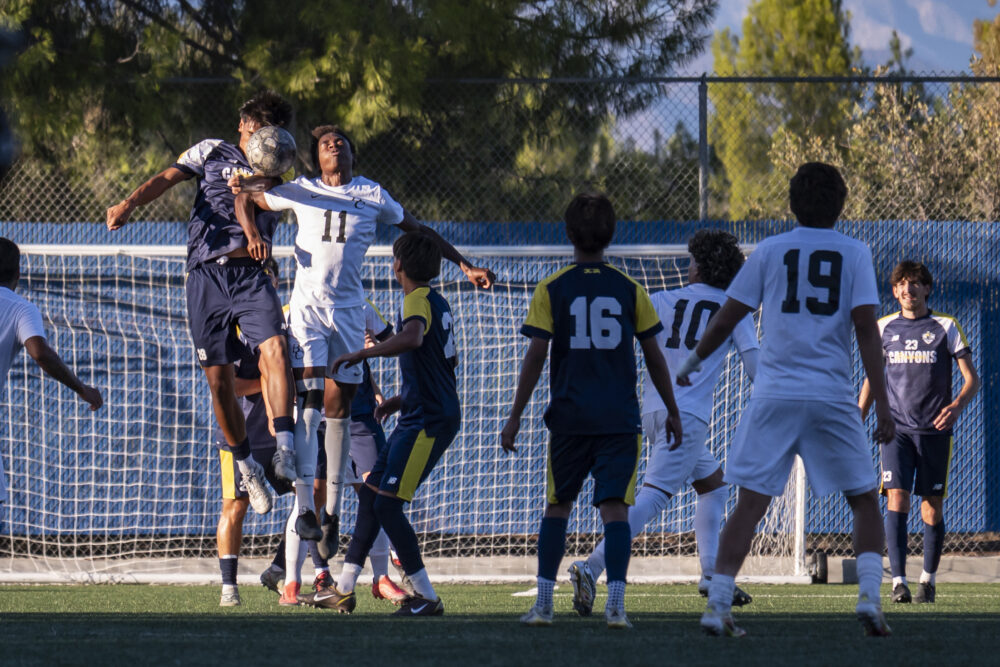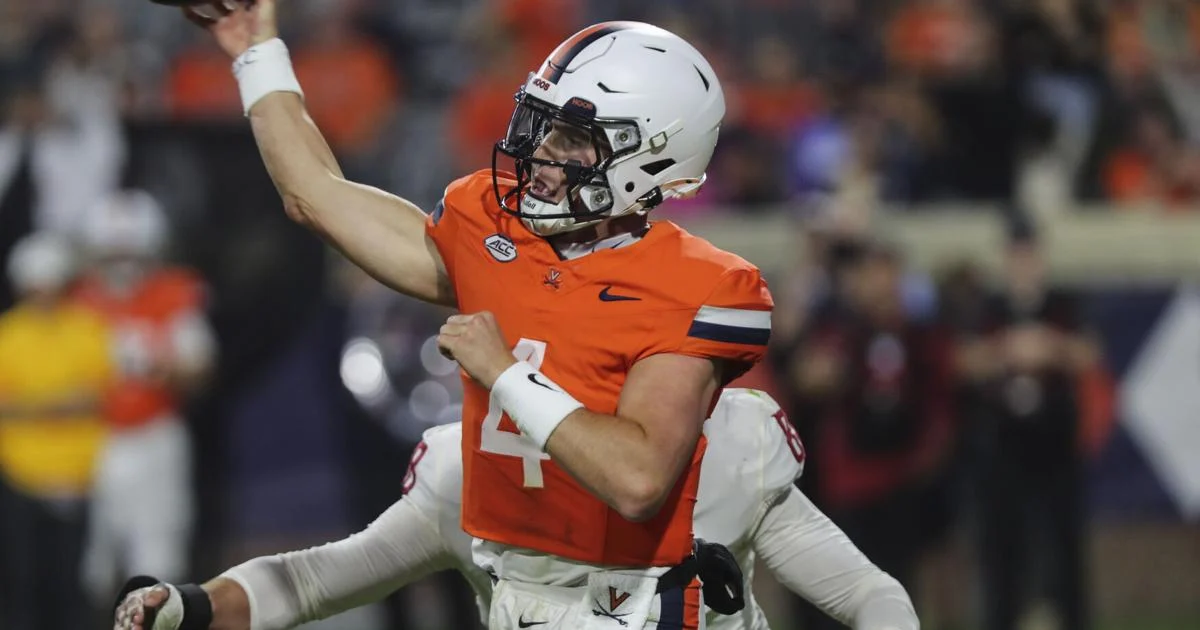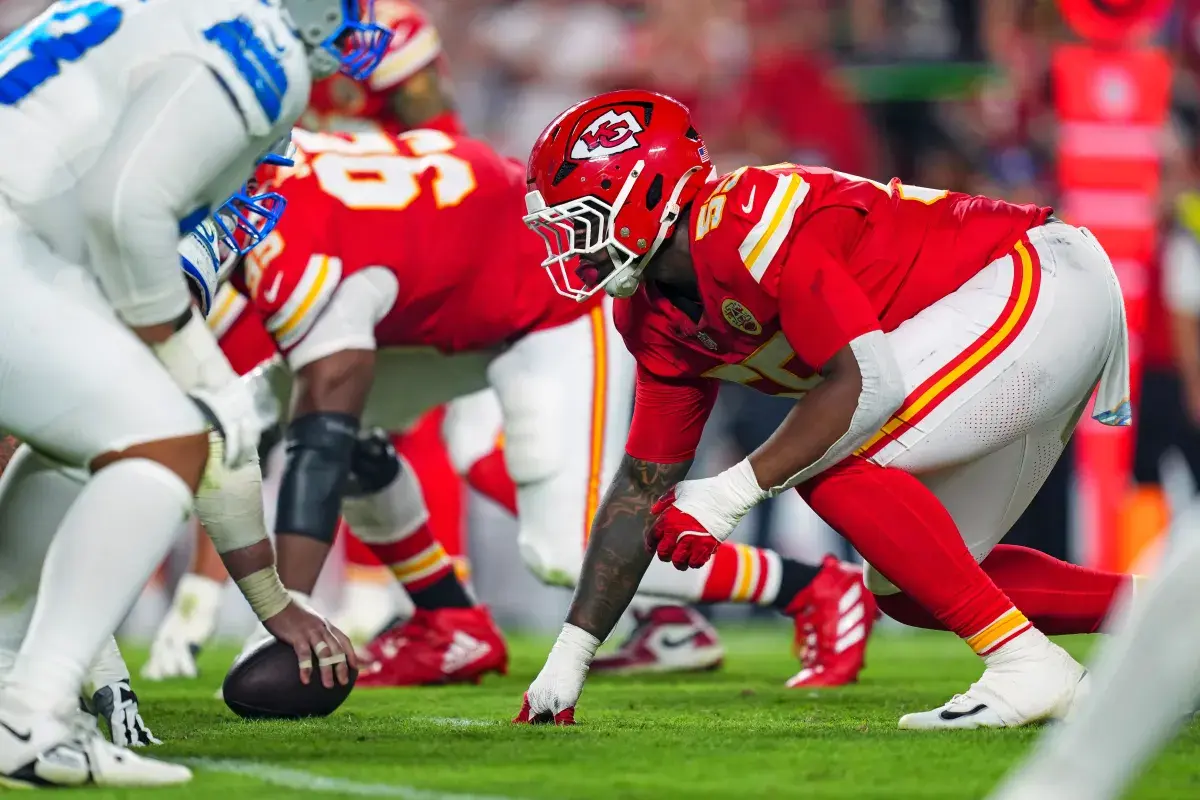Copyright Charleston Post and Courier
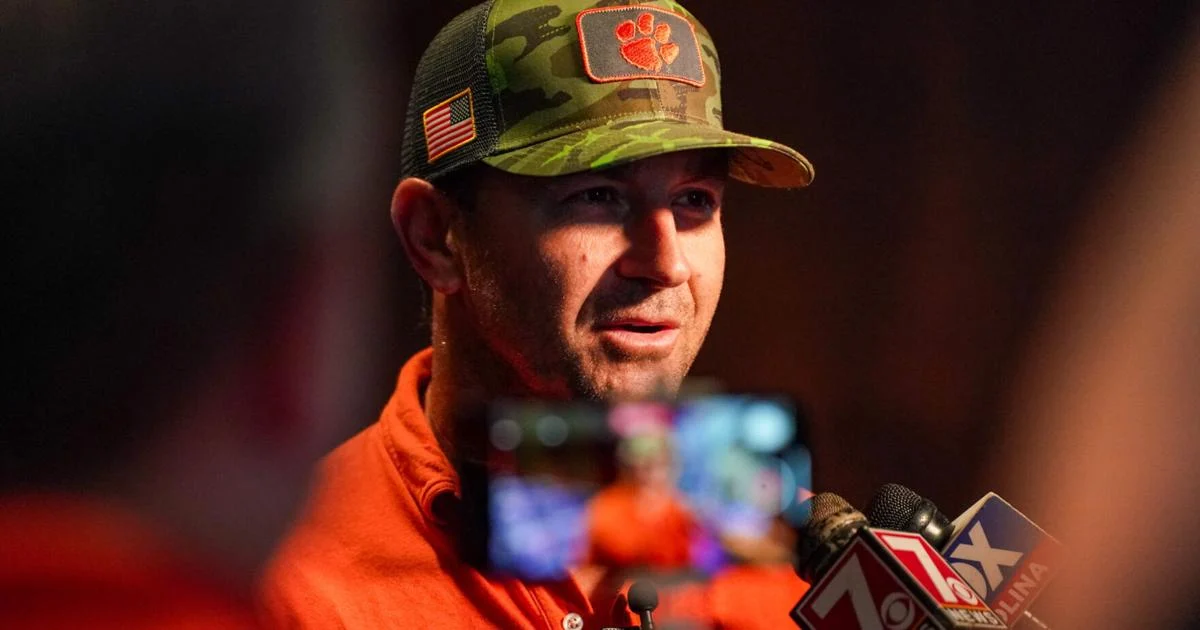
CLEMSON – Clemson baseball coach Erik Bakich can’t say he has a perfect roster. Because, like most coaches in his sport, he’d feel a lot better about his College World Series chances in 2026 if he had one more “power” pitching arm. “So I'm not going into it saying, hey, we're set,” Bakich said. This isn’t to say Bakich didn’t try. The fourth-year coach said Clemson “went after the who’s who” of pitching transfers over the summer, and some even visited campus. But those pitchers wanted more name, image, and likeness (NIL) guarantees than anyone on the roster. “Decided not to offer them because they just weren’t a culture fit,” Bakich said. “That was a little bit of a risky decision — but personally, philosophically, we're not gonna win a bidding war and potentially lose the locker room.” His principled stand comes after a 2025 season where the Tigers flopped in the regional round. Mainly because of a lack of power arms. It’s a risk, but there are some lines the 47-year-old coach won’t cross. “This might be right, wrong or indifferent, but I just refuse to give a new player more money who hasn't poured one ounce of blood, sweat, or tears into the program, hasn't played one pitch of Clemson baseball, and is demanding more than anyone else on the team,” Bakich said. “We'll say ‘adios’ to that dude every time.” Since he came over from Michigan in June 2022, Bakich has been anything but anti-NIL. He went around, hat in hand, trying to raise money from boosters for NIL deals, arguing it wasn’t “pay for play” but “pay our bills” in a sport with partial scholarships. The NCAA’s settlement of antitrust lawsuits has since allowed Clemson to expand scholarships from 11.7 to 34, so Bakich has turned his attention to commercial marketing opportunities. He has the Tigers facing the Savannah Bananas every fall, and he helped Clemson get a team NIL deal with MLB star Jazz Chisholm’s baseball gear brand. At the same time, Bakich is a coach who ceremonially deprives his athletes of creature comforts each offseason, forcing them to earn back access to parts of the facility and withholding fancy gear. He doesn’t believe in handing much of anything to anyone. Even if top-of-the-line pitching transfers come at a price, Bakich isn’t going to allot more NIL dollars to a transfer than a returning All-ACC starter like Aidan Knaak. He wants players that have been around to “know, believe and trust” they will be “taken care of first.” “We’ll do what we have to do to get good players in here, too,” Bakich said, “but we’re not meeting the demands to win a bidding war like other teams are doing. We’re just not gonna do it.” Bakich playfully labeled a hectic offseason of transfer portal recruiting as “Portal Combat,” a label that may or may not coincidentally rhyme with the gory video game and movie series Mortal Kombat. Clemson won several battles for hitters, landing conference freshmen of the year Nate Savoie (Loyola Marymount) and Tyler Lichtenberger (App State) and highly touted 2024 high school recruit Bryce Clavon (Georgia). The Tigers also landed commitments from veteran sluggers Ty Dalley (Mercer) and Ryan Wideman (Western Kentucky), though the latter was drafted and signed with the Padres. Pitching was more difficult to attract. Ariston Veasey (Alabama) sports a high-90s fastball but the junior has had control issues (eight walks in 3⅔ innings) in two college seasons. Hayden Simmerson (Catawba) is a prolific reliever but from the Division II level. Clemson also added lefty Michael Sharman (Tennessee) but he’s anything but a power pitcher; the Parkland Junior College and Georgia Highlands product has a fastball that sits in the upper-80s and was a lesser-used arm in his one season with the Vols. It remains to be seen if that’s enough to get Clemson back to Omaha. Bakich does have optimism, though, about the Tigers’ returning arms, as well as a crop of incoming freshmen who have flashed low- to mid-90s fastballs this fall. “That's just one part of pitching. Strikes is a big part of it. Movement is a big part of it,” Bakich said. “But in terms of just being able to throw the ball hard, we've seen some pretty big numbers on the board.” Bakich isn’t exactly content with what he has. Like every coach in college baseball, he wishes he had one more pitcher with a power arm. But not at the expense of his principles. “We gotta get the best players we can possibly get out of the portal,” Bakich said, “but then also fit the team dynamic here and building something a little bit bigger than just individual accolades.”
